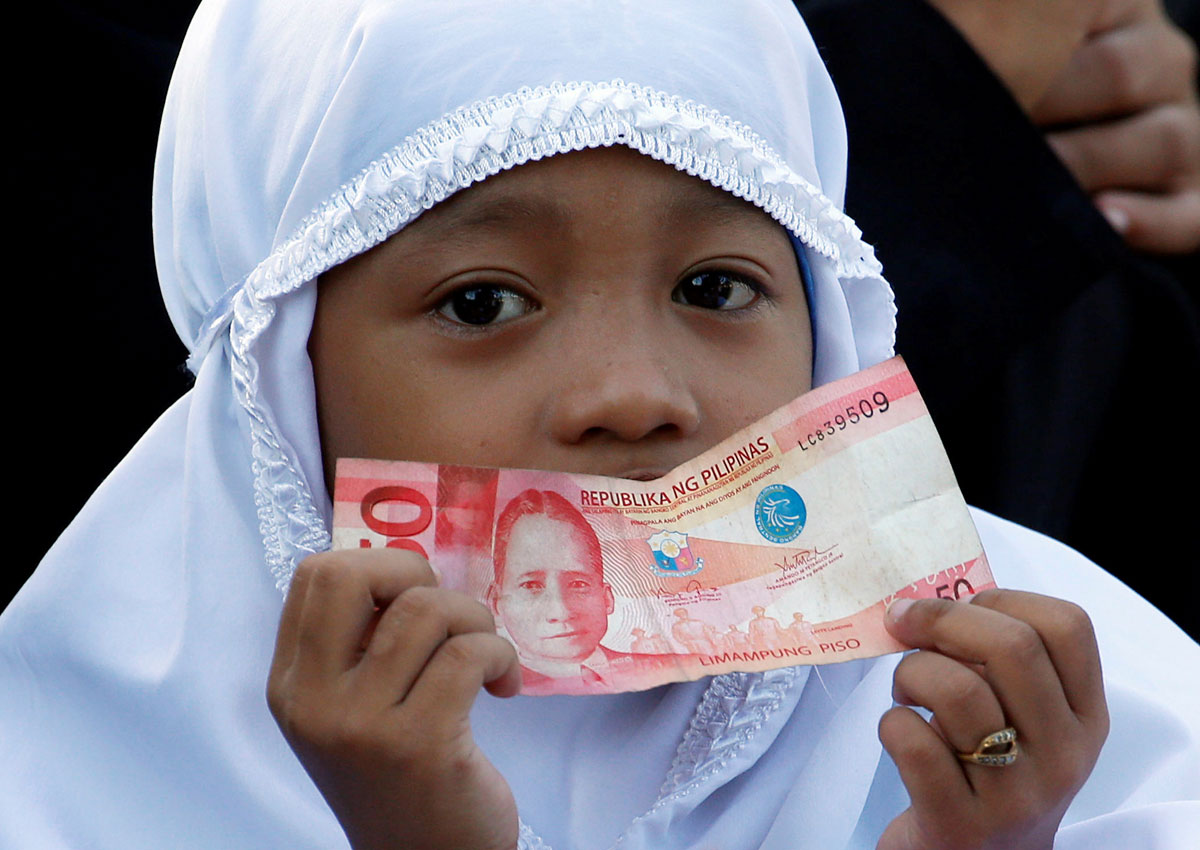SINGAPORE – The Philippine peso hit a seven-year low on Monday, extending its losses into a third week as market participants worried about the impact of President Rodrigo Duterte’s policies on capital inflows, ratings and international relations.
Other emerging Asian currencies also slumped as risk sentiment soured, with market focus shifting to Washington politics ahead of the first debate between Democrat candidate Hillary Clinton and Republican Donald Trump.
The peso’s decline was accompanied by a more than 1 per cent drop in the Philippine stock index. The index has fallen nearly 5 per cent in two months.
The peso lost 0.6 per cent to 48.26 per US dollar (US$1=S$1.361), its weakest since September 2009.
Local importers scrambled for the greenback for payments, which further weakened a currency already impacted by sustained equity outflows. Foreign investors have been net sellers in Manila stocks over the past six weeks.
Philippine central bank Governor Amando Tetangco told Reuters on Monday the peso’s movements were owing to corporate requirements for dollars and reflected uncertainty about the Federal Reserve’s policy path Vishnu Varathan, currency strategist at Mizuho Bank, said there were concerns around the continuity of reforms that have helped the Philippine economy become one of the strongest in Southeast Asia.
“The uncertainty arises from two things. One is whether there could be ratcheting up of tensions on an international basis which could put some investors off,” Varathan said.
The second factor, he said, was the credit risk that ratings agencies have referred to, and which is critical to ensure foreigners stay invested.
“On both counts there could be a negative fund flows. That kind of precautionary positioning is creeping in,” Varathan said.
Philippine stock exchange data showed six straight weeks of net foreign selling of stocks beginning Aug 15, totalling 27.9 billion pesos (S$786.5 million).
Duterte, a former mayor, won the May elections after vowing to wipe out drugs and crime. The large number of killings in his war on drugs has drawn widespread international criticism, including from the United Nations, triggering angry responses from Duterte. His anti-American outbursts have startled investors.
Standard & Poor’s said last week the Philippines is unlikely to get a credit rating upgrade in the next two years, citing Duterte’s unpredictability and uncertainty over his domestic and foreign policies.
On Monday, the peso’s slide “picked up momentum after the break of 48”, said a senior Philippine bank currency trader in Manila who expects the currency to weaken to 48.50 to US$1.
The Philippine unit may see a minor chart support at 48.35, but it is likely to seen heading to around 49.00, analysts said.









































